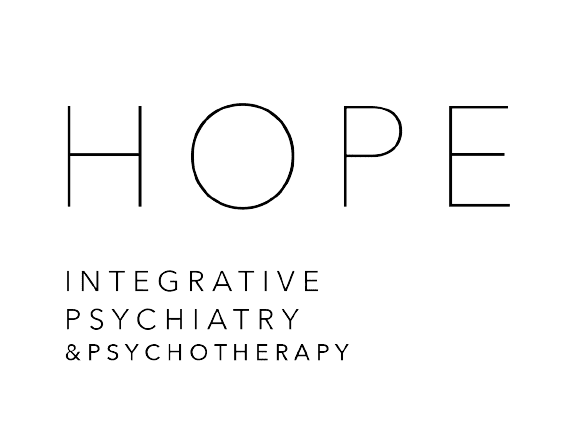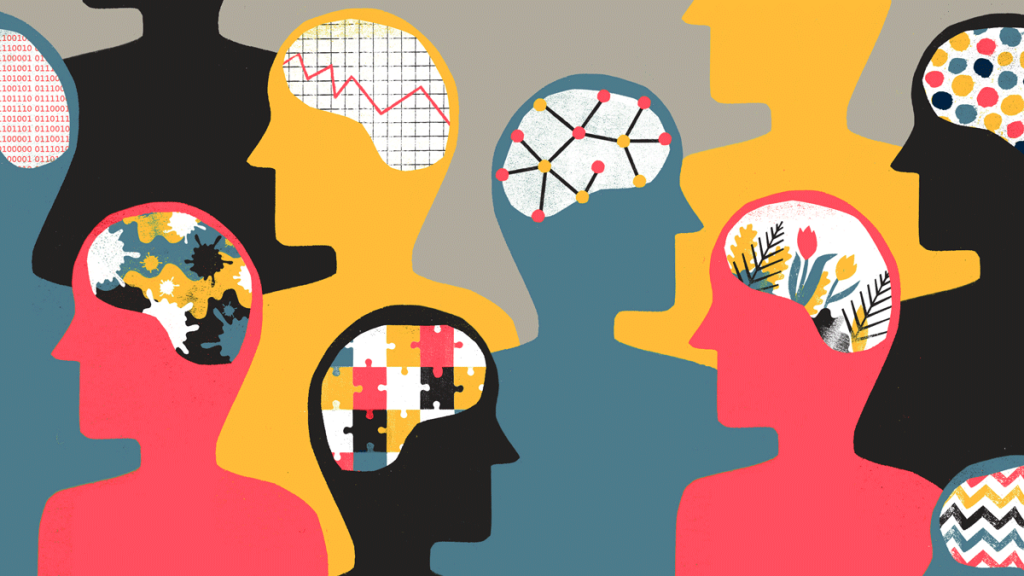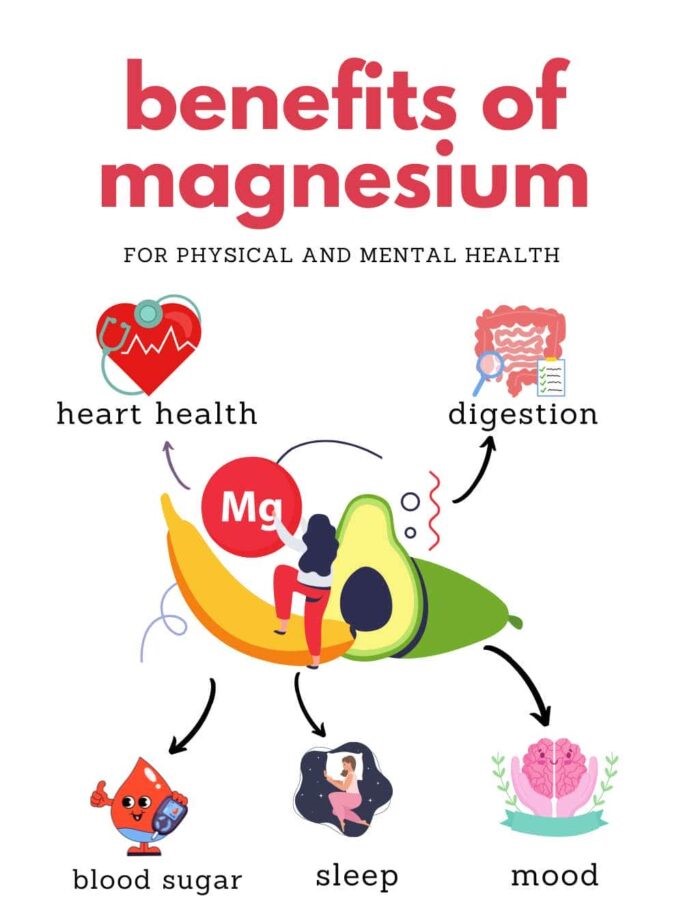In our quest for a good night’s sleep, we often turn to various remedies and strategies. From counting sheep to trying herbal teas, the options seem endless. However, one natural solution that often goes overlooked is a powerful mineral with remarkable holistic sleep-enhancing magnesium and holistic mental health benefits.
1. Promotes Relaxation: Magnesium is renowned for its muscle-relaxing properties. When our muscles are tense and tight, falling asleep can be a challenge. By increasing magnesium intake, we can experience a profound sense of physical relaxation, which helps prepare the body for a restful night’s sleep.
2. Calms the Nervous System: In our increasingly hectic lives, stress and anxiety can wreak havoc on our ability to unwind and fall asleep. Magnesium plays a key role in calming the central nervous system by increasing the activity of the neurotransmitter GABA, which has a calming effect. By reducing nervous system activity, magnesium helps create the ideal conditions for a peaceful slumber.
3. Regulates Melatonin Production: Melatonin is a hormone responsible for regulating our sleep-wake cycles. Magnesium is involved in the conversion of tryptophan into serotonin, which is then transformed into melatonin. Ensuring adequate magnesium levels can support the natural production of melatonin, helping us maintain a consistent sleep schedule and improving sleep quality.
4. Combats Insomnia: Insomnia, a common sleep disorder, can be caused by a range of factors, including stress, anxiety, and restlessness. Magnesium’s ability to alleviate muscle tension, promote relaxation, and calm the nervous system can indirectly help combat insomnia. Recent studies show that magnesium improves overall sleep.
5. Reduces Nighttime Leg Cramps: Nighttime leg cramps can be incredibly disruptive to sleep, leading to frequent awakenings. Magnesium’s muscle relaxant properties can alleviate these cramps, ensuring a more peaceful and uninterrupted sleep.
6. Enhances Sleep Quality: Beyond helping us fall asleep faster, magnesium also contributes to the overall quality of our sleep. Studies have shown that increased magnesium intake is associated with a deeper, more restorative sleep, leaving us feeling refreshed and rejuvenated upon waking.
Incorporating Sleep-Enhancing Magnesium into Your Routine
There are several ways to incorporate magnesium into your sleep routine:
- Dietary Sources: Include magnesium-rich foods in your diet, such as leafy green vegetables, nuts, seeds, whole grains, and legumes.
- Supplements: If your diet lacks sufficient magnesium, consider taking a magnesium glycinate supplement at bedtime.
- Topical Application: Magnesium oil or lotions can be applied directly to the skin, allowing for easy absorption and a quick way to boost magnesium levels.
- Bedtime Rituals: Create a calming bedtime routine, including relaxation techniques like meditation, deep breathing, or a warm bath with Epson salts provides a sleep-enhancing magnesium as an enjoyable self-care routine.
- Sleep-enhancing magnesium is a natural and effective sleep aid that offers numerous benefits for those struggling with sleep disturbances.
From promoting relaxation and calming the nervous system to regulating melatonin production, magnesium’s sleep-enhancing properties make it a valuable addition to any sleep routine.
By harnessing the power of this remarkable mineral, we can pave the way for a more restful and rejuvenating slumber, ultimately improving our overall health and well-being.
Are you looking for holistic alternatives to sleep medications? Schedule a consultation with our caring psychiatrist could help you today.










